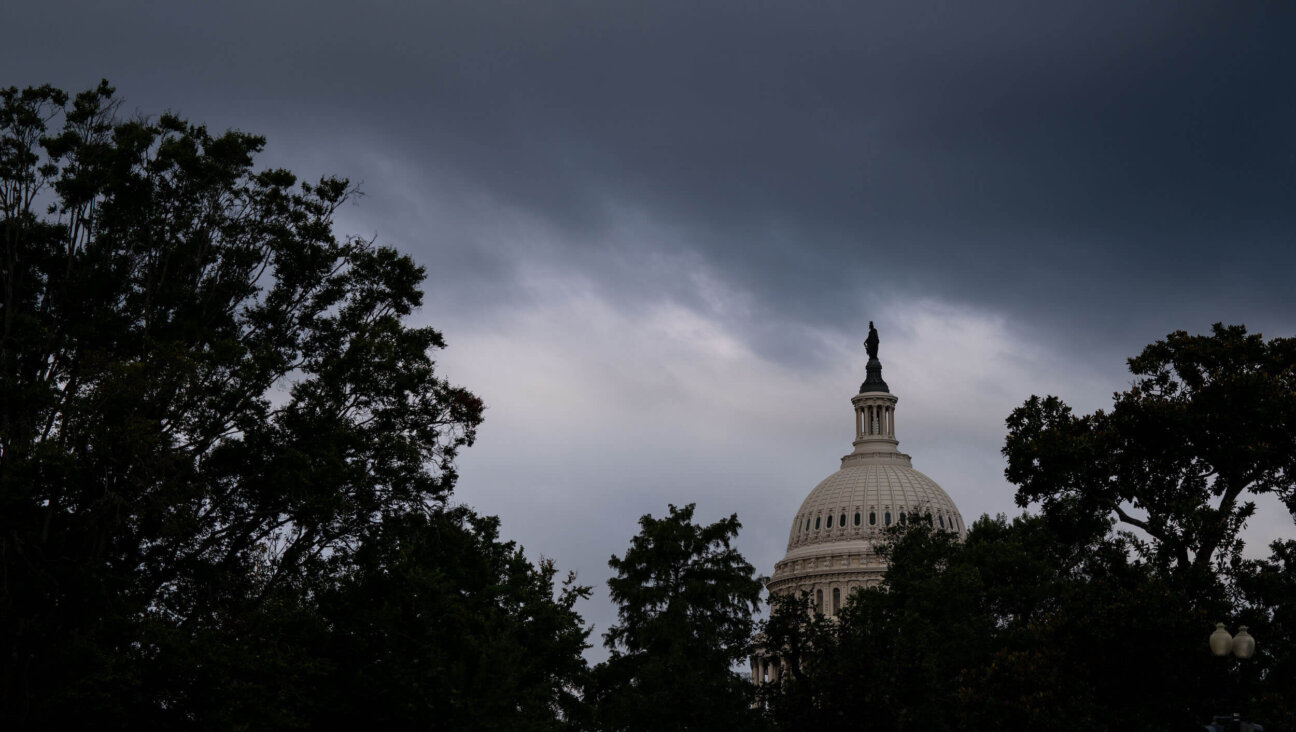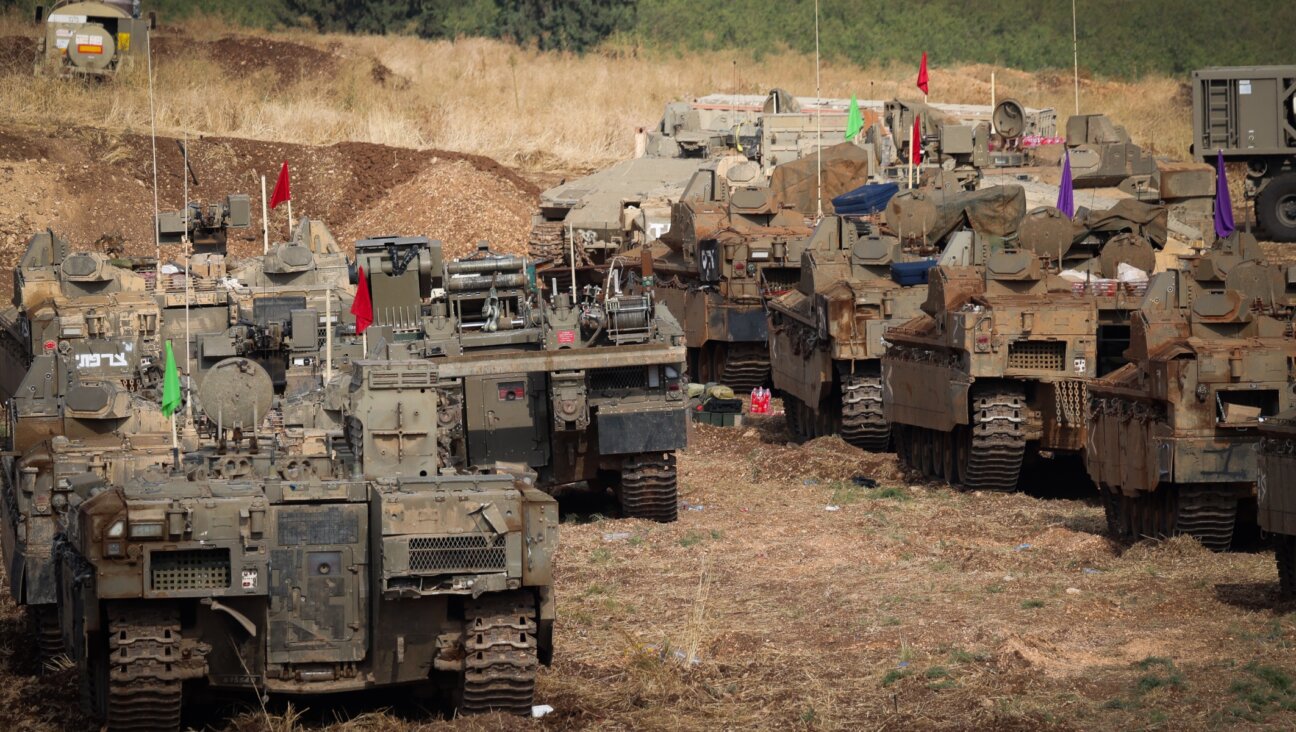Iran Accuses West of Backtracking as Nuke Talks Drag On

Iran accused major powers on Friday of backtracking on previous pledges and throwing up new “red lines” at nuclear talks, after the deadline to reach an agreement in time to receive expedited scrutiny from the U.S. Congress expired with no deal.
Iran’s foreign minister Mohammad Javad Zarif said a deal was unlikely to be reached on Friday and negotiators would probably spend the weekend in Vienna.
“Now, they have excessive demands,” he said of the powers’ negotiating position.
Zarif has been holding intense meetings for more than two weeks with U.S. Secretary of State John Kerry to try to hammer out a final agreement limiting Iran’s nuclear program in return for withdrawing economic sanctions.
They have been joined periodically by foreign ministers from Britain, China, France, German and Russia, also party to any deal, which would be the biggest step towards rapprochement between Iran and the West since the 1979 Islamic Revolution.
But the negotiations have become bogged down, with final deadlines extended twice in the past 10 days and diplomats speaking of heated exchanges between Kerry and Zarif.
Because no deal was complete by Friday morning, any agreement would now be subject to 60 days of scrutiny by the skeptical, Republican-dominated U.S. Congress, rather than an expedited 30 day review.
On Thursday, Kerry made clear Washington’s patience was running out: “We can’t wait forever,” he told reporters. “If the tough decisions don’t get made, we are absolutely prepared to call an end to this.”
Ali Akbar Velayati, top adviser to Iran’s Supreme Leader Ayatollah Ali Khamenei called Kerry’s remarks “part of America’s psychological warfare against Iran.”
A senior Iranian official speaking on condition of anonymity said the United States and the other powers were shifting their positions and backtracking on an April 2 interim agreement that was meant to lay the ground for a final deal.
“Suddenly everyone has their own red lines. Britain has its red line, the U.S. has its red line, France, Germany,” the official said.
Back in Iran, Friday provided a reminder of the depth of more than three decades of hatred between Iran and the West that a deal could help overcome.
Iranians rallied nationwide for the last Friday of the fasting month of Ramadan, observed in Iran as “Qods Day” or “Death to Israel day,” to show support for Palestinians, protest against Israel and chant slogans against the “Great Satan” United States.
OPTIMISTS
Western countries suspect Iran of seeking the capability to make nuclear weapons. Iran says it has the right to peaceful nuclear technology.
Over the past two years, the nuclear talks have brought about the first intensive direct diplomacy between the United States and Iran since Iranian revolutionaries stormed the U.S. embassy in Tehran in 1979.
A successful outcome would be a triumph both for U.S. President Barack Obama and Iran’s President Hassan Rouhani, a pragmatist elected in 2013 on a pledge to reduce Iran’s international isolation. Optimists say a deal could help reshape Middle East alliances at a time when Washington and Tehran face a common foe in the Sunni militant group Islamic State.
But both presidents face skepticism from powerful hardliners at home, making it difficult to bridge final differences. Issues that have kept the negotiators apart include a U.N. arms embargo on Iran which Western powers want to remain in place, access for inspectors to sensitive military sites in Iran and answers from Tehran over past activity suspected of having military aims.
Velayati said Iran had no intention to abandon the talks.
“Iran neither suggests extension of talks, nor rejects it. It is up to Americans if they want to leave the talks. Iran is ready to continue the negotiations,” Velayati said.
Energy Secretary Ernest Moniz, a key member of the U.S. negotiating team, was due to fly to Portugal on Friday to accept an honor and make a speech, returning on Friday evening.
French Foreign Minister Laurent Fabius was also set to leave and return later in the evening.
The White House said the talks would not likely drag on for “many more weeks.”
A senior Western diplomat said the longer the talks carried on the harder it would be to get a deal.
“If we’re still here in 15 days time, there will be some very difficult questions that will need to be answered. There will be centrifugal forces working against us,” he said, referring to hardliners in both Iran and the United States.
A message from our CEO & publisher Rachel Fishman Feddersen

I hope you appreciated this article. Before you go, I’d like to ask you to please support the Forward’s award-winning, nonprofit journalism during this critical time.
We’ve set a goal to raise $260,000 by December 31. That’s an ambitious goal, but one that will give us the resources we need to invest in the high quality news, opinion, analysis and cultural coverage that isn’t available anywhere else.
If you feel inspired to make an impact, now is the time to give something back. Join us as a member at your most generous level.
— Rachel Fishman Feddersen, Publisher and CEO























